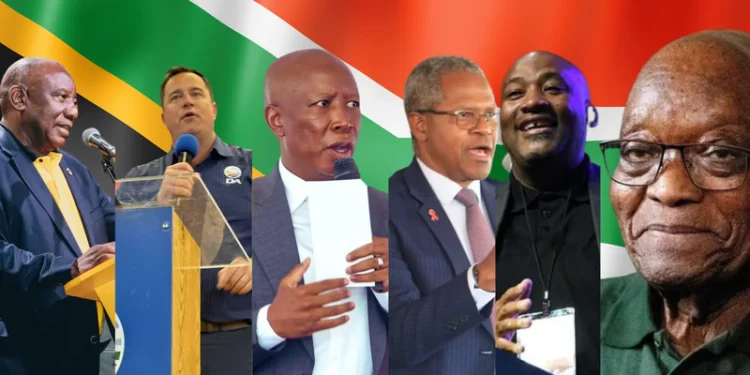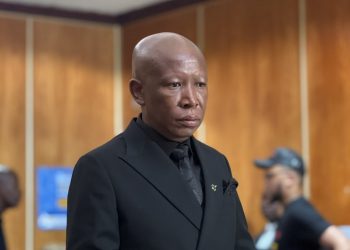If you’ve been glued to your screen the last two days, watching the ballot counting that got under way following Wednesday’s election, I am sure you’ve heard the words; ‘coalition’ or ‘coalition government’ quite a few times.
As the African National Congress’s (ANC) grip on the country is slowly loosening thanks to the emergence of parties like Jacob Zuma’s uMkhonto weSizwe (MK Party) and Gayton McKenzie’s Patriotic Alliance (PA), the buzz word on everyone’s lips is coalition.
What exactly is a coalition government?
In simple English, a coalition is when two or more parties agree to work together. As per gov.za, this also applies to independent representatives who can also join the parties in the coalition.
In other words, with the rise of the MK Party in KZN effectively taking a large chunk of the vote percentage, there are talks of the ANC, DA and IFP possibly forming a coalition.
What does a coalition government do?
In local government, a governing coalition is aimed at electing an executive mayor, and other members of the executive, and then supporting their proposals on, for example, the budget and municipal policies. According to gov.za, if none of the parties has more than 50% of the seats, a coalition is, therefore, necessary to support the executive. Otherwise the President, premier or mayor is likely to be voted out of power.
What are the advantages of a coalition government?
A coalition government works better and deepens democracy. It brings together the amalgamation of different political parties that then introduce different political ideologies, ideas and cultures.
And the disadvantages?
There are some, one is that they can be unstable if the parties don’t often agree. They end up squabbling, forgetting about issues that affect the community. The other is that the composition of the government may not perfectly reflect the will of the voter.
What do the experts say?
Pan-African Investment and Research founder and chief executive, Iraj Abedian, said he believed SA has what it takes to have a coalition government.
Speaking to Newzroom Afrika, he said in 1994, SA had a successful coalition government between the ANC, IFP and the National Party. He said the coalition government ensured political stability and managed the country’s transition.
Abedian said SA needs to reflect on the type of coalition, one that projects the needs of society. He said the country needs the type of coalition that will deal with a mature democracy as opposed to a democracy that was newly born in 1994.
Political analyst and Tshwane University of Technology politics lecturer, Dr Levy Ndou said coalitions were implemented with a positive outlook because they also allow small political parties to have voice in government.
What do the parties say?
Our journalists on the ground spoke to various political parties on their thoughts on a possible coalition.






















